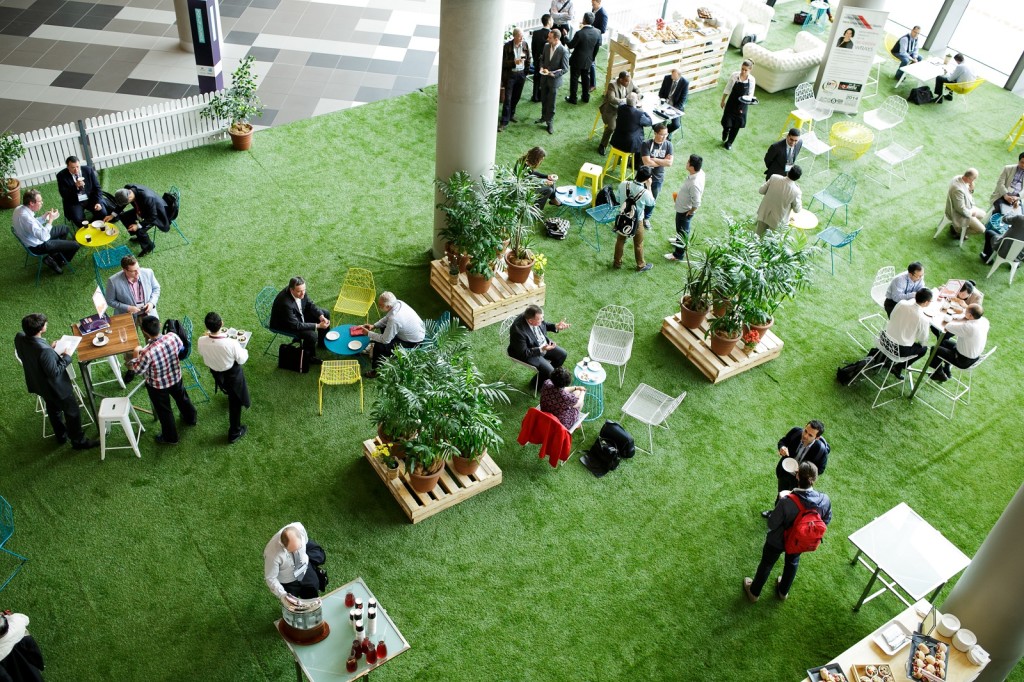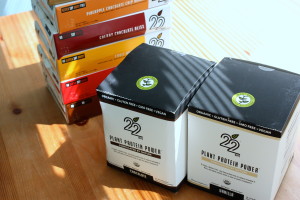There are many reasons why running an event using sustainable event principles is good for business.
Many of our clients choose to have their event produced, managed and implemented through sustainable event principles because it reinforces the key messages of their event, and/or demonstrates their vision and commitment to sustainability. Other clients are happy to have their event produced through sustainable event principles because it helps them save resources and this reflects well on their business!
Below are 9 simple ways to create a more sustainable event while keeping your guests happy. While it is important to take a whole event approach – it may not be possible to do everything. You could start with a single initiative and work from there.
1. USE NATURAL FEATURES OF THE VENUE
Give guests plenty of opportunity to get outside to enjoy the fresh air and sunlight by requesting rooms with opening windows for ventilation and natural lighting. This will help guests breathe easier and see better. If your venue has an outdoor area make the most of it by holding breaks outside.
2. PROMOTE PUBLIC TRANSPORT
Provide guests with public transport options such as train timetabling, bus route and bicycle parking facilities. Where public transport is not accessible, arrange shuttle buses to and from the event or promote car sharing.
3. REDUCE UNNECESSARY ENERGY USE
Appoint a staff member to take responsibility for eliminating unnecessary lighting, power and equipment use. Switch equipment off at the power point after use.
4. CONSERVE WATER
Prioritise venues that demonstrate a commitment to water conservation by installing water saving devices.
5. REDUCE WASTE
Do not provide disposable material such as disposable cutlery, plates, containers or cups.
Instead, provide reusable crockery, serving platters, glasses and cutlery. Depending on the formality of the event, invite attendees to bring their own cups or water bottles.
6. BE WASTE WISE
Ensure that recycling and compost bins are accessible and clearly sign-posted. Ensure guests and vendors limit disposable waste and give preference to recycled and recyclable packaging.
7. PROVIDE SUSTAINABLE FOOD AND BEVERAGE
Choose local, seasonal and organic produce or work with a caterer/venue who is committed to sustainable event practices..
8. COMMUNICATION
Attempt to not provide show bags or copious amounts of printed material. Always question if the printing of brochures and pamphlets is necessary. When printing is necessary use vegetable based inks and post-consumer recycled content paper. Furthermore, consider whether your engagement activities can be done online as this will reduce the need for printed event materials, contributing further to a green event management approach.
9. SHARE YOUR SUCCESS
Inform your guests and attendees of your commitment to sustainability in your written and verbal communications. This might be as simple as including a page on your event website that outlines your sustainable event initiatives, or informing guests verbally on the day of your event. Another good idea is to clearly label food and beverage that is organic, local or fair-trade.






